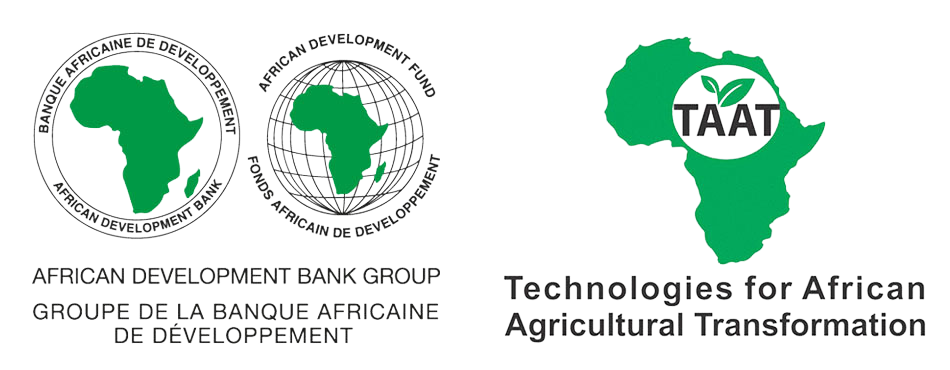

Excellent natural protection for a wide range of crops, manufactured in France
Yukon is a highly effective, sustainable, and naturally sourced multisite fungicide designed to prevent and manage fungal and bacterial diseases, ensuring improved crop quality and yield while minimizing environmental impact. Compatible with organic farming, this innovative formulation combines tribasic copper sulfate in its crystallized brochantite form with xanthane, a natural adjuvant derived from the fermentation of Xanthomonas campestris. It is manufactured in France and used in several European countries.
This technology is pre-validated.
End used price for Mango
Increase in return on mango
This technology is beneficial for resellers and farmers.
For Resellers:
Selling Yukon provides an opportunity to offer a highly effective, eco-friendly fungicide while strengthening relationships with farmers. This technology significantly improves crop quality and yield by preventing fungal and bacterial diseases.
To succeed in the market, resellers should source Yukon in bulk, organize transportation, and plan for suitable storage facilities. As Yukon is available in various countries, including Europe, estimate delivery costs and account for any import duties if applicable.
Potential customers include local retailers, agricultural development projects, and cooperatives or associations of farmers.
For Farmers:
Yukon is an effective, sustainable, and organic-compatible fungicide that helps protect crops from fungal and bacterial diseases. By using Yukon, farmers can enhance their crop yield and quality while reducing their environmental footprint.
Given its availability in key regions, consider delivery expenses and possible import duties when purchasing Yukon.
For optimal results, combine Yukon with other best farming practices and crop management techniques.
Adults 18 and over: Positive high
Crop protection, increases the quantity of fruits fit for export. Safe use of agrochemicals
Others: Positive high
Food value chain actors get access to better quantity and quality fruits.
The poor: Positive high
The reduction in pesticide costs and the enhancement of crop yield can help poor farmers increase their productivity without needing to invest heavily in expensive chemicals, thereby improving their economic resilience.
Under 18: No impact
Not to be used by children
Women: Positive high
With improved crop yields, women farmers can see an increase in income, which can contribute to better access to education, healthcare, and other resources for their families, ultimately improving gender equality within households.
Climate adaptability: Highly adaptable
It helps crops adapt to climate variability by preventing diseases that may worsen due to changing weather patterns, ensuring stable yields in unpredictable climates.
Farmer climate change readiness: Significant improvement
Farmers are better prepared for climate impacts because the technology protects crops from fungal and bacterial diseases, reducing the risk of crop loss during extreme weather events.
Biodiversity: Positive impact on biodiversity
It is non-toxic to beneficial organisms, like pollinators and soil microorganisms, which helps preserve biodiversity and ensures healthy ecosystems.
Carbon footprint: Much less carbon released
By using less copper and supporting organic farming, it reduces the overall carbon footprint of agricultural practices, contributing to more sustainable farming methods.
Environmental health: Moderately improves environmental health
It minimizes chemical usage, reducing the environmental impact of farming, including water contamination and harm to wildlife, which promotes healthier ecosystems.
Soil quality: Does not affect soil health and fertility
It supports soil health by preventing toxic buildup, allowing soil microorganisms to thrive and maintaining soil fertility for future crops.
Water use: Same amount of water used
It is rainfast, meaning it remains effective even in wet conditions, reducing the need for frequent reapplications and helping conserve water resources.
Scaling Readiness describes how complete a technology’s development is and its ability to be scaled. It produces a score that measures a technology’s readiness along two axes: the level of maturity of the idea itself, and the level to which the technology has been used so far.
Each axis goes from 0 to 9 where 9 is the “ready-to-scale” status. For each technology profile in the e-catalogs we have documented the scaling readiness status from evidence given by the technology providers. The e-catalogs only showcase technologies for which the scaling readiness score is at least 8 for maturity of the idea and 7 for the level of use.
The graph below represents visually the scaling readiness status for this technology, you can see the label of each level by hovering your mouse cursor on the number.
Read more about scaling readiness ›
Uncontrolled environment: validated
Used by some intended users, in the real world
| Maturity of the idea | Level of use | |||||||||
| 9 | ||||||||||
| 8 | ||||||||||
| 7 | ||||||||||
| 6 | ||||||||||
| 5 | ||||||||||
| 4 | ||||||||||
| 3 | ||||||||||
| 2 | ||||||||||
| 1 | ||||||||||
| 1 | 2 | 3 | 4 | 5 | 6 | 7 | 8 | 9 | ||
| Country | Testing ongoing | Tested | Adopted |
|---|---|---|---|
| Algeria | –No ongoing testing | Tested | –Not adopted |
| Cameroon | –No ongoing testing | Tested | Adopted |
| Côte d’Ivoire | –No ongoing testing | Tested | Adopted |
| Egypt | –No ongoing testing | Tested | –Not adopted |
| Ghana | –No ongoing testing | Tested | Adopted |
| Morocco | –No ongoing testing | Tested | Adopted |
This technology can be used in the colored agro-ecological zones. Any zones shown in white are not suitable for this technology.
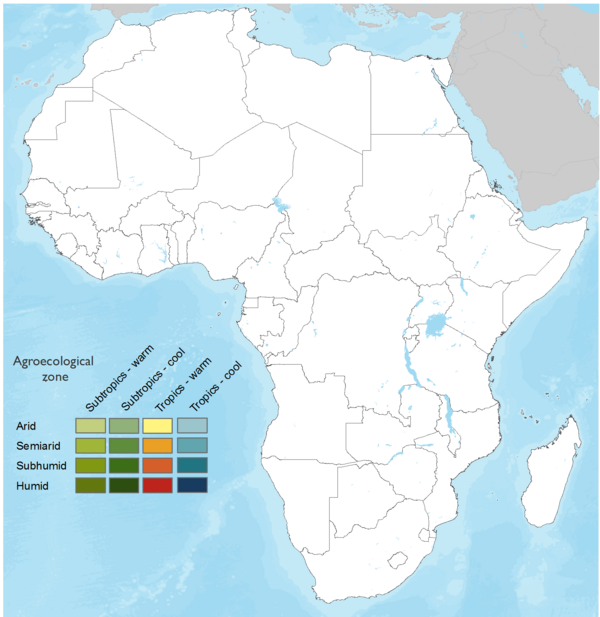
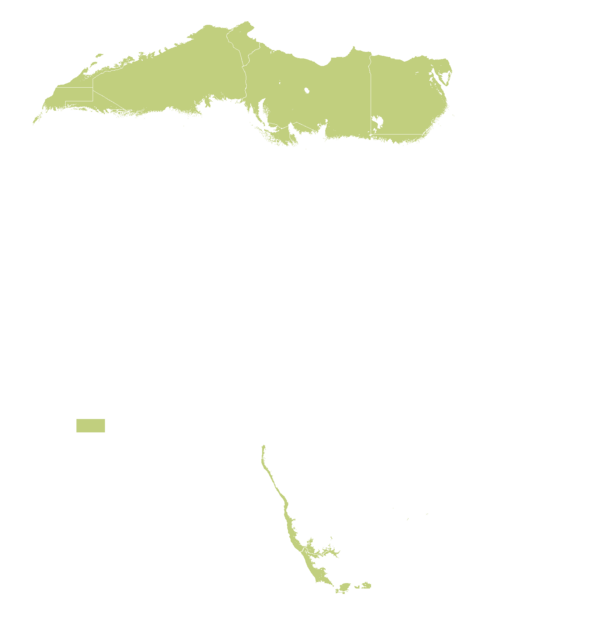

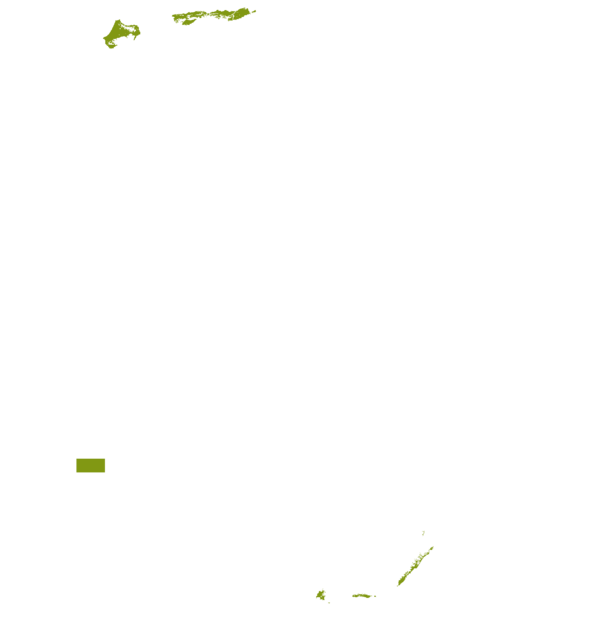


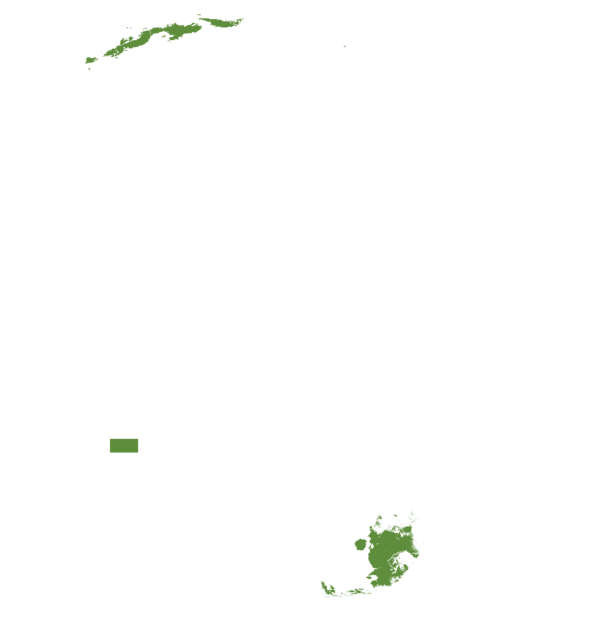
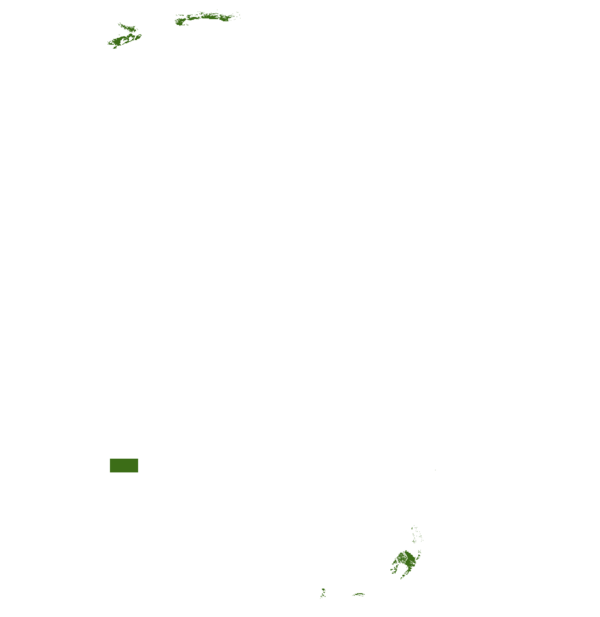




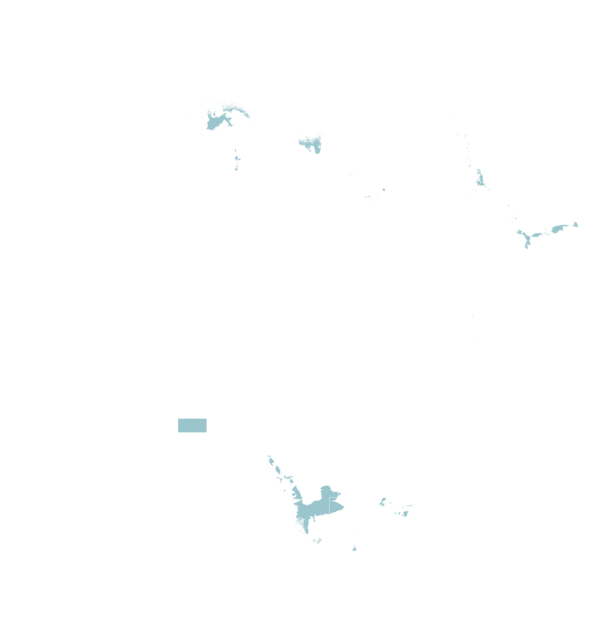

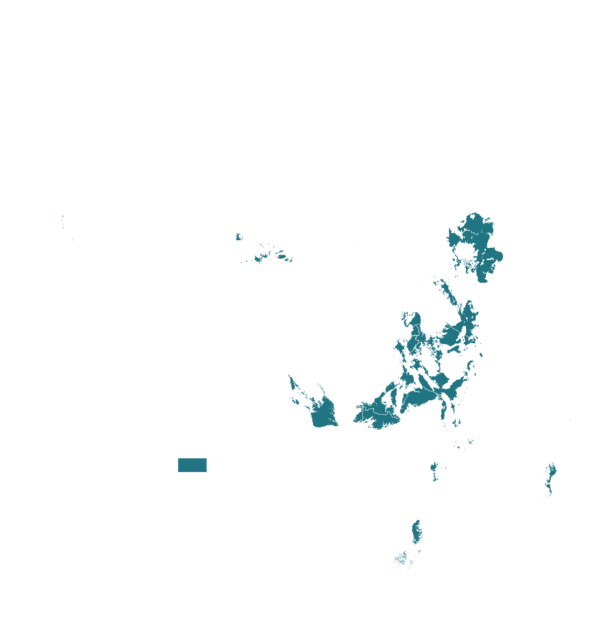

| AEZ | Subtropic - warm | Subtropic - cool | Tropic - warm | Tropic - cool |
|---|---|---|---|---|
| Arid | ||||
| Semiarid | ||||
| Subhumid | ||||
| Humid |
Source: HarvestChoice/IFPRI 2009
The United Nations Sustainable Development Goals that are applicable to this technology.

It helps increase crop yields, which boosts farmers' incomes, especially in vulnerable communities.

It reduces the need for harmful chemicals, preventing contamination of water sources.

Its use promotes healthy ecosystems, protects pollinators, and prevents soil degradation, contributing to sustainable land use.

It promotes collaboration between technology providers, farmers, and development organizations, creating partnerships that advance sustainable agricultural practices and support broader goals for environmental and economic development.
Application Timing:
Preparation:
Application:
Dosage and Frequency:
Precautions:
Last updated on 15 April 2025